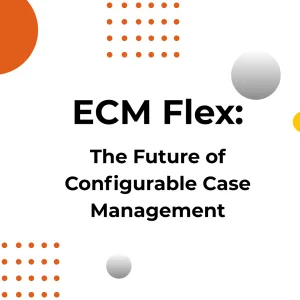Rapid Re-housing Case Management
Access the Full Webinar Video
"*" indicates required fields
The National Alliance to End Homelessness defines rapid re-housing case management as “a subset of the Housing First approach to end homelessness.” Rapid re-housing programs provide rental assistance and services for a short term where services end when rental assistance terminates. Whether you’re providing shelter, permanent housing, or helping secure stable jobs, we can help you ensure that your clients are aligned with the correct services to break the cycle of homelessness.
Exponent Case Management (ECM) is trusted by top innovative human services agencies on the frontline of ending the homelessness crisis. We help to empower every aspect of your mission from client intake to exit and improve outcomes for the people you serve. ECM’s functionality is central to all types of housing programs, including emergency shelter, transitional housing, rapid re-housing, and permanent supportive housing.
Watch this on-demand video to see how you can use Exponent Case Management’s process automation to help your clients move through the stages of a Rapid Re-Housing Program with ease.
During this video, we’ll walk through the potential stages of a rapid re-housing program and then dive into a demo to showcase a real-world example of a case manager working with a participant.
By having visibility into the data, the case manager can see all the ways that the housing services organization has engaged with the family to ensure the appropriate steps have been taken including the HMIS assessment. From one easy-to-use interface, you can easily view the referral history, the assignment to an emergency shelter, the intake process the family went through and the ongoing case management process of helping the family stay housed.
An intuitive system of checks and balances, Program Navigation, helps case managers easily identify missing information to maximize data quality and help to guide program staff from intake to assessment to service planning and provisioning.


